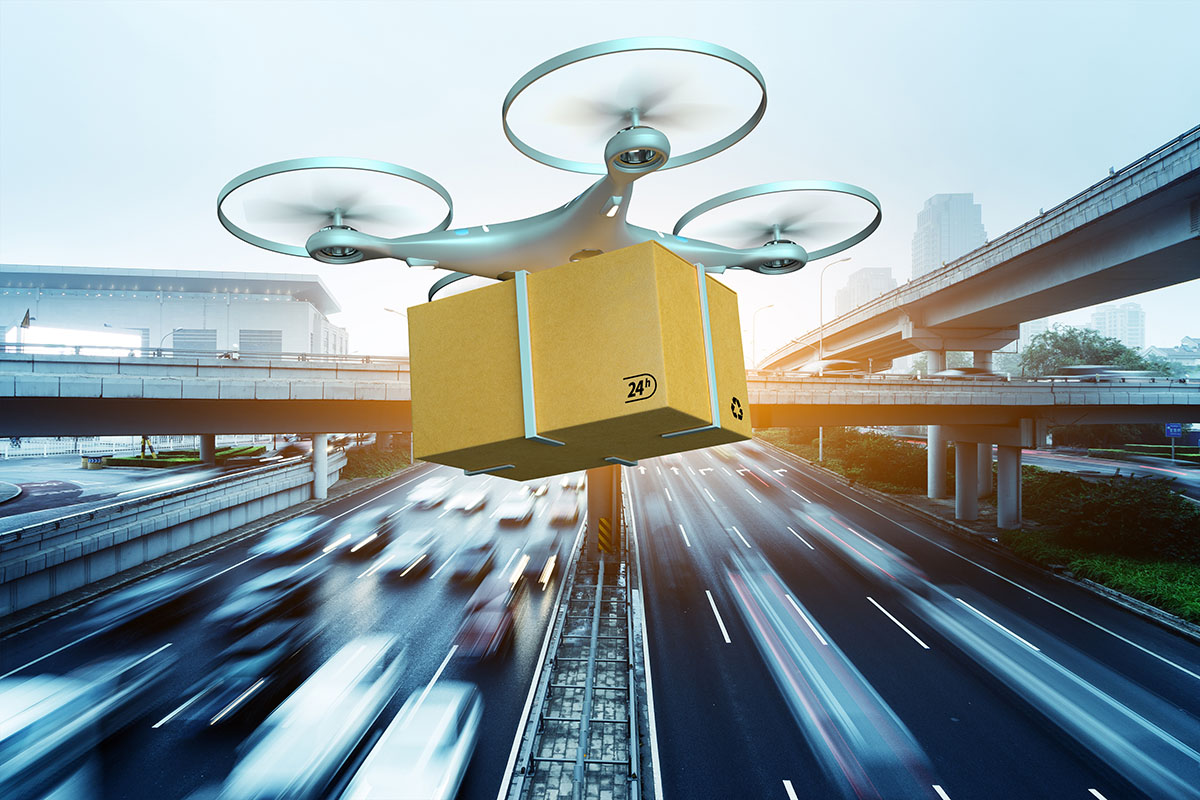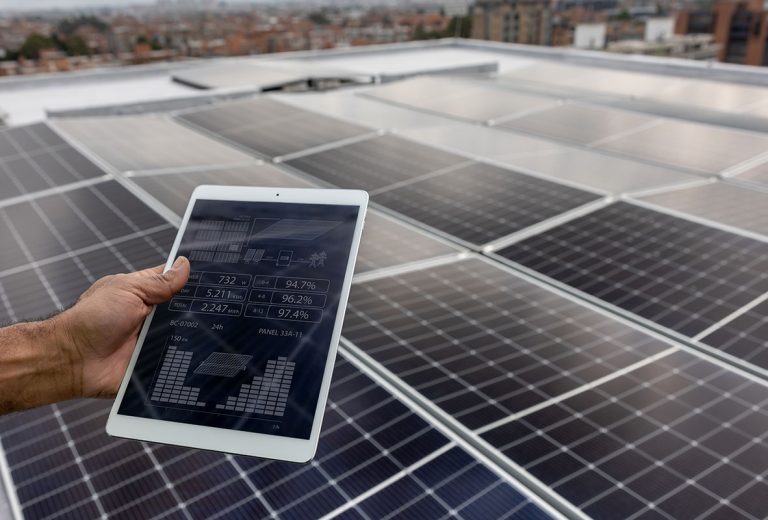On-demand shopping just got smarter
Aerial drones and a new bidding system for delivery jobs promises faster gratification.
Online, on-demand shopping from the comfort of your couch promises convenience and instant gratification. But getting that package to your doorstep is not always as fast and affordable as it could be. The real headache lies in the final stretch of its journey, known as last-mile delivery (LMD). Urban congestion, limited parking and fewer deliveries per route all add up, making this the most expensive and complicated part of the process. As e-commerce continues to grow, so does the pressure to solve this bottleneck.
Most attempts to optimise LMD simply focus on the distance travelled on the last leg but that doesn’t always guarantee the shortest delivery time or provide the most cost-effective solution. Now, researchers from the Department of Computer Science at Khalifa University have formulated an LMD framework that harnesses crowdsourced auctions and multiple delivery systems, including drones, to help solve the problem.
“The primary goal is to address the growing demand for efficient, cost-effective, and time-sensitive LMD solutions; particularly in urban environments where traditional logistics often struggle,” explains Rabeb Mizouni, who led the team. “Drawing from real-world auction mechanisms and collaborative resource allocation models, we developed a framework that merges economic principles with smart mobility technologies.”
“We developed a [delivery] framework that merges economic principles with smart mobility technologies.”
Rabeb Mizouni
The framework kicks off with a bidding race. When a new delivery request appears, nearby delivery agents with ground vehicles or drones can place a real-time bid to handle the job. But it’s not just about offering the lowest price. The system also considers ratings of previous performance and how close the bidder is to the delivery route.
In simulations, the team’s approach completed 24% more LMDs, while halving the average delay time, compared with two other modelling strategies designed to deal with the LMD problem. Simulated profit on jobs rose almost sixfold.
The drones were especially useful because they could avoid ground-level traffic congestion in urban areas or more easily reach remote locations. Meanwhile, the crowdsourced auctions optimised real-time, dynamic task assignment.
“The framework has strong potential for real-world applications, particularly by on-demand service platforms such as Uber, Careem, Talabat and Deliveroo,” Mizouni says. “These platforms already operate with dynamic, crowdsourced fleets and could benefit significantly from integrating an auction-based, hybrid delivery mechanism to enhance efficiency, reduce costs and better meet time-critical customer demands.”
The team is exploring ways to deploy its framework in the real world, through collaborations and prototyping, including deploying the framework on blockchain to strengthen the system’s security and robustness. The researchers also plan to further improve LMD efficiency by enhancing coordination between drones and delivery couriers.
Reference
Odeh, E., Singh, S., Mizouni, R. & Otrok, H. Crowdsourced auction-based framework for time-critical and budget-constrained last mile delivery. Inf. Process. Manage. 62,103888 (2025). | Article




